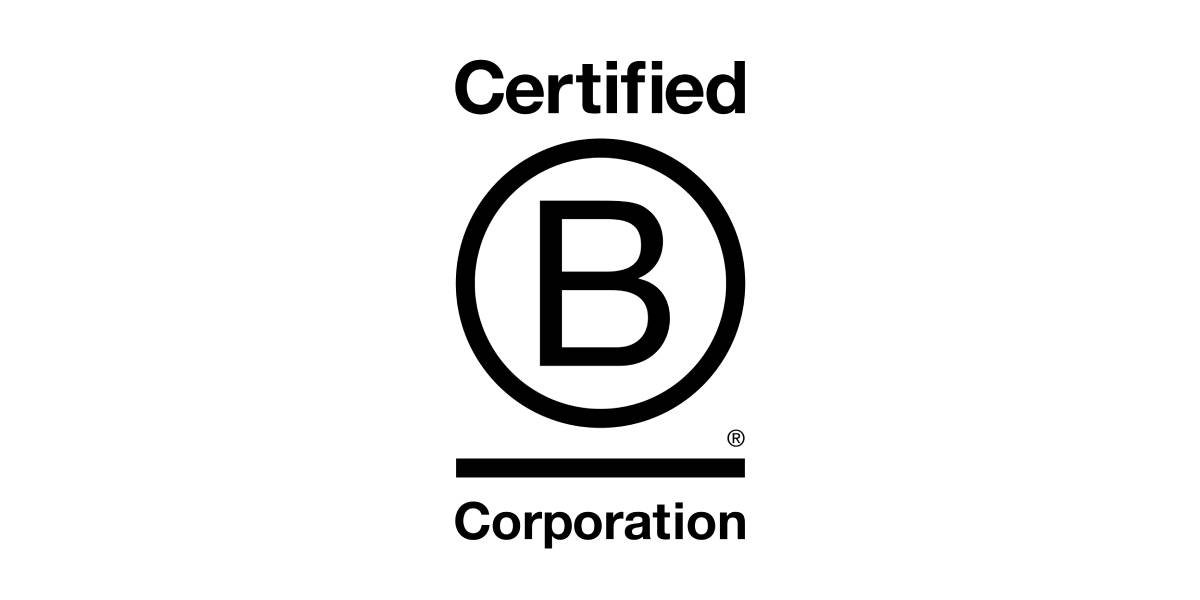
Our foundations as an ethical law firm
At Ignition, we’re proud to be one of only a few B Corp law firms in the UK. The accreditation shows our commitment to doing business the right way, with sustainability in mind, while supporting start-ups and SMEs throughout their journey.

ESG (Environmental, Social and Governance) has developed a bad reputation as a buzzword, with too many organisations using this and the term DEI (Diversity, Equity and Inclusion) primarily for marketing.
Since Ignition was formed in 2015, the positive principles behind ESG and DEI have been core to how we do business. By going through the rigorous accreditation process required to achieve B Corp status, we wanted to demonstrate our ethos externally, but also hard code it into our practice for future partners and employees.
Alex McPherson, founder and partner at Ignition, commented: “It’s been a massive amount of work behind the scenes but our clients have been incredibly encouraging and supportive.”
What is B Corp?
With greenwashing claims increasingly scrutinised by the Competition and Markets Authority, some law firms are seeking independent accreditations that not only provide third-party validation of their ESG claims, but also enable them to strive for further positive change.
B Corp Certification is one such accreditation, and while gaining popularity in the legal sector, currently less than 1% of UK law firms have B Corp status. The accreditation is granted by B Lab – the global non-profit network that created the B Corp Certification programme.
The premise behind the B Corp movement is that a new stakeholder-driven business model is possible. Becoming a law firm with B Corp status means that our business is meeting certain verified standards of performance, accountability, and transparency. This spans everything from the supply chain to the treatment of workers and its impact on the environment and the community.
Rigorous BIA Testing
Organisations aiming for accreditation must demonstrate high standards in environmental and social performance by achieving a score of at least 80 in B Lab’s B Impact Assessment (BIA) and passing a risk review.
The BIA, which consists of 200 questions, is a lengthy process, according to those who have been through it. It can take up to 18 months.
If a company scores more than 80 on a completed BIA, it can submit it to B Lab for evaluation. Then, an analyst reviews the company’s eligibility for B Corp Certification, followed by a verification process, during which the applicant provides information about employees and suppliers.
If a company successfully becomes B Corp certified, its corporate governance documents must be changed to make it accountable to all of its stakeholders, not just its shareholders or equity partners. B Lab’s assessment is rigorous, and having the right ethos and senior-level buy-in are prerequisites to becoming a B Corp.
B Corp Status and Our Approach to Business
Alex McPherson on Ignition Law achieving B Corp status:
“Being a B Corp signifies a commitment to being held accountable for social and environmental performance through regular assessments. It firmly aligns with our long-term strategy of being a ‘force for good’ and our desire for continuous improvement.”
He continued: “Increasingly we’re finding that business owners and leadership teams want to work with people who share similar values and walk-the-walk rather than just talk-the-talk.”
We are here to help you along any stage of your business journey. Please get in touch at info@ignition.law or contact Tammy Evans directly via tammy@ignition.law.
Update: in a more recent post, we discuss the many B Corp Certification benefits that we’ve already seen, as well as the challenges of going through this highly rewarding process.


